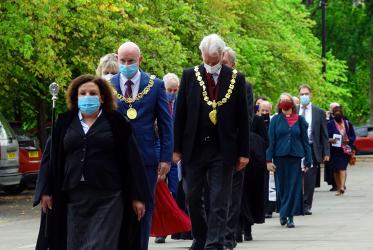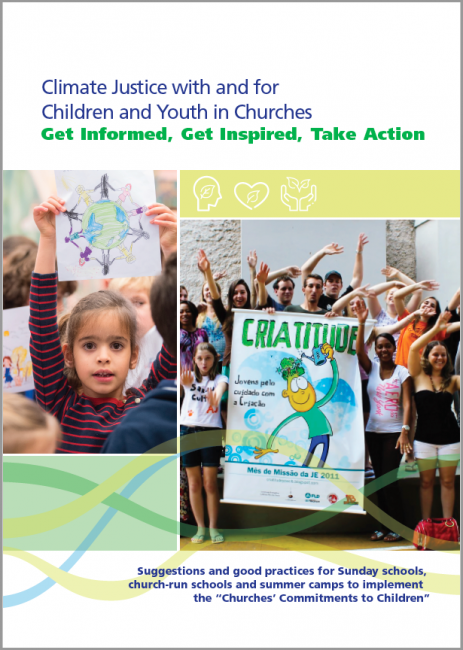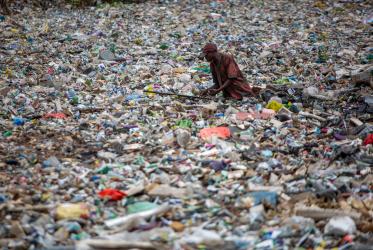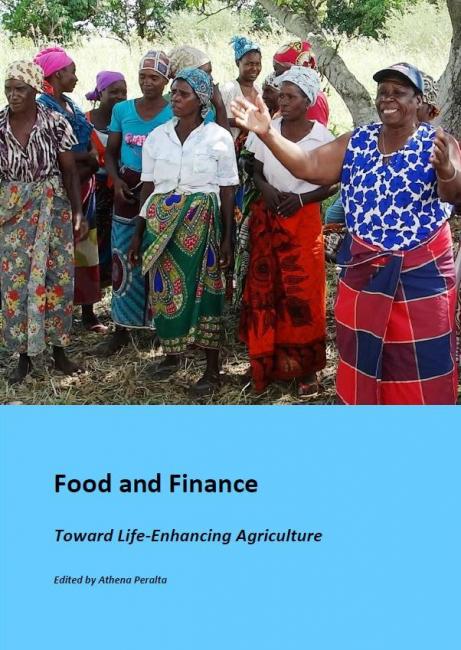Displaying 101 - 120 of 122
Churches offer some relief in Kenya’s drought disaster
16 September 2021
Walk the Talk
A Toolkit to Accompany the "Roadmap for Congregations, Communities and Churches for an Economy of Life and Ecological Justice"
31 August 2021
Ecumenical International Youth Day 2021 Event Toolkit
Young People and Climate Justice
06 August 2021
No room at the inn
26 December 2020
Climate Justice with and for Children and Youth in Churches
Get Informed, Get Inspired, Take Action
20 November 2020
Climate Justice with and for Children and Youth in Churches
Get Informed, Get Inspired, Take Action
25 October 2020

















